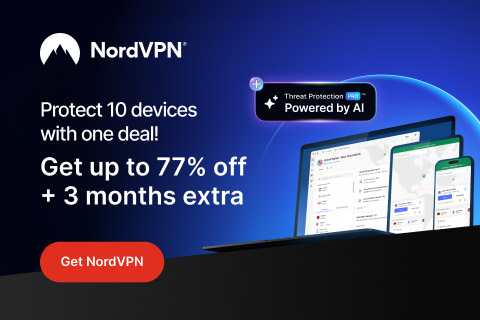Stay Private. Stay Secure. Stay Free.
Trusted by millions worldwide – protect your online life with #1 VPN
- ⚡ Blazing-fast speed on every server
- 🔒 Military-grade encryption & protection
- 🌍 Access content globally without limits
- 📱 Up to 10 devices with one account
Introduction:
Recently, a major VPN provider fell victim to a cyberattack, resulting in the compromise of user data. This breach has raised concerns about online privacy and security for VPN users around the world.
Why it matters to general internet users:
For everyday internet users, this news is significant because it highlights the potential vulnerabilities of VPN services. VPNs are used by millions of people to protect their online activities and data from prying eyes. The breach underscores the importance of choosing a reputable VPN provider and being vigilant about online security.
Technical or policy implications:
From a technical standpoint, this cyberattack may lead to increased scrutiny of VPN protocols and encryption methods. It could also prompt VPN providers to implement stronger security measures to prevent future breaches. On the policy front, lawmakers may take a closer look at data protection regulations for VPN services to ensure user privacy is adequately safeguarded.
VPN brands involved:
While the specific VPN provider affected by the cyberattack has not been disclosed, users are advised to exercise caution and consider changing their passwords and security settings for added protection. Popular VPN brands like NordVPN, ExpressVPN, and Surfshark have not been implicated in this incident.
Real-world applications:
For real users, this cyberattack serves as a reminder to regularly update VPN software, use strong passwords, and enable additional security features such as multi-factor authentication. It also underscores the importance of conducting thorough research before selecting a VPN provider to ensure data privacy and protection.
FAQ section:
Q: Should I stop using VPN services altogether?
A: While this cyberattack is concerning, it does not mean that all VPN services are unsafe. It’s essential to choose a reputable provider with a track record of trustworthiness and robust security measures.
Q: How can I protect my data if my VPN provider is compromised?
A: If you’re concerned about your data security, consider changing your passwords, enabling two-factor authentication, and regularly updating your VPN software. You may also want to reach out to your VPN provider for guidance on how to secure your account.
Conclusion and call to action:
As online threats continue to evolve, it’s crucial for internet users to prioritize their privacy and security. Consider investing in a trustworthy VPN service, stay informed about online security best practices, and take proactive steps to protect your personal data. By remaining vigilant and proactive, you can help safeguard your online privacy in an increasingly digital world.

